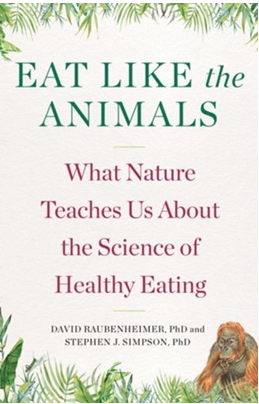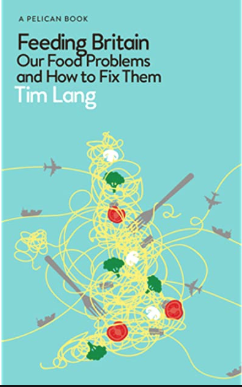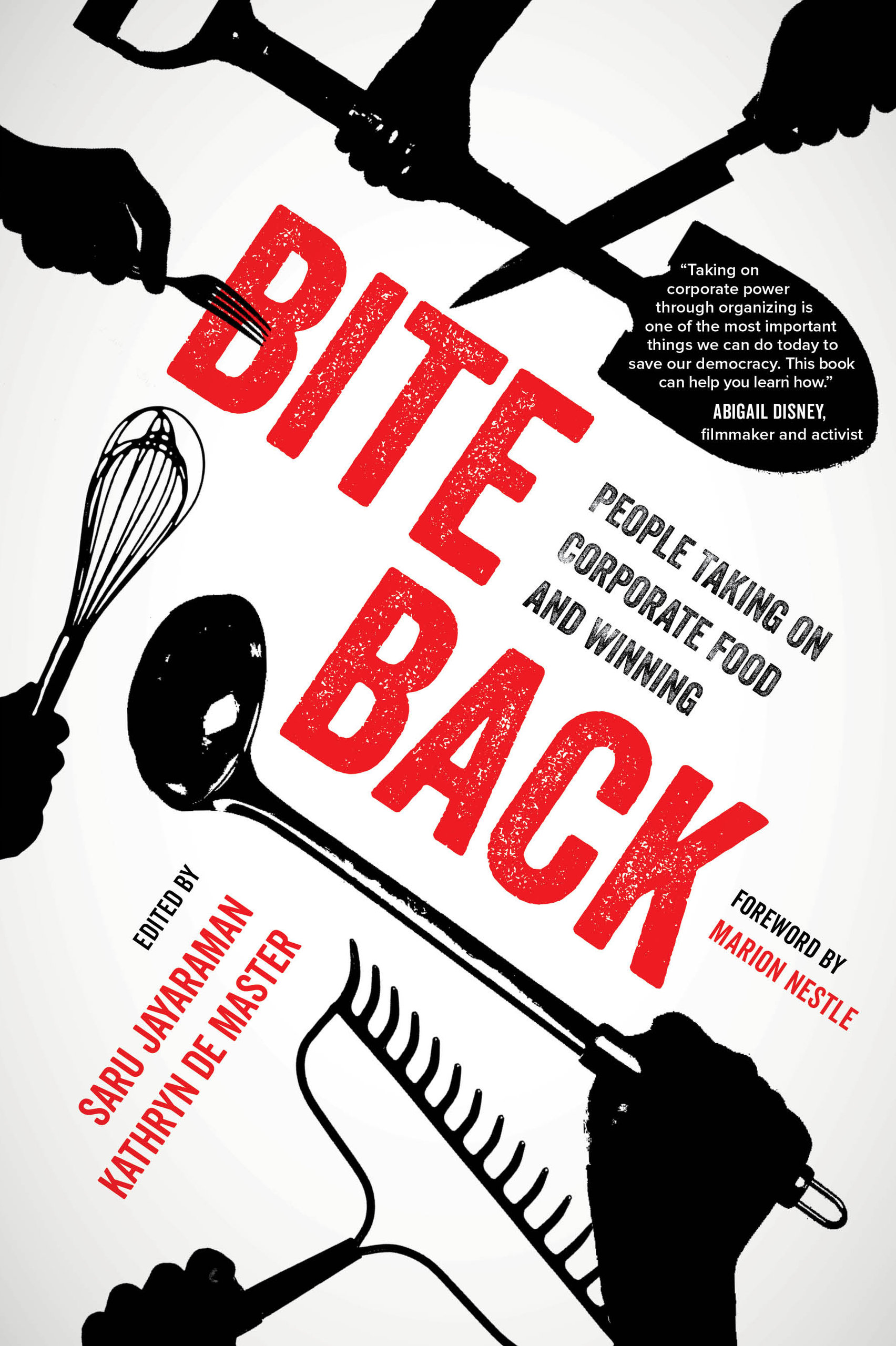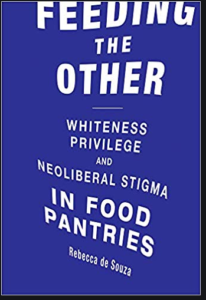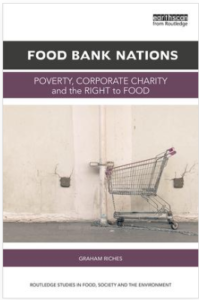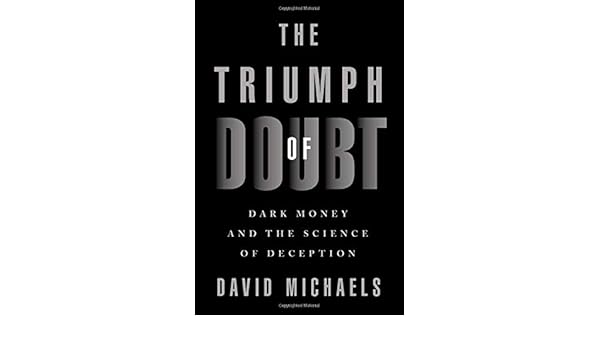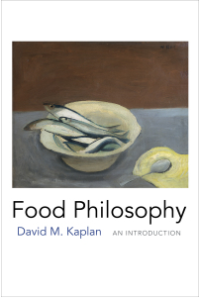It is a heartbreak that this book is being released at a time when book tours have to be virtual.
If the Coronavirus pandemic has taught us anything, it is about the basic inadequacies and inequities of our food system, and how badly we need to do something about them. Just one example: slaughterhouses as viral epicenters forced to stay open by presidential decree.
Start here. Buy this book. Read it. Act.
Our food system—how we produce, process, distribute, and consume food—is broken, and badly. We know this because roughly a billion people in the world go hungry every day for lack of a reliable food supply while, perversely, about two billion are overweight and at increased risk for chronic diseases. All of us bear the consequences of atmospheric warming due, in part, to greenhouse gases released from industrial production of food animals.
It is true that a great many factors have contributed to the breaking of our food system, but one in particular stands out as a cause: the companies that produce our food put profits above public health. They have to. Capitalism demands this priority.
Yes, food companies make and sell products we love to eat, but they are not social service agencies. They are businesses with primary fiduciary responsibilities to stockholders. Like all corporations, they must put profits above public health.
If we want to reverse this priority, we are going to have to get organized, mobilize, and act. Bite Back, a truly extraordinary book, tells us how.
Bite Back is a manifesto. It is a call to action to reverse the harm caused by corporate takeover of our food system. It is an advocacy manual for, as the editors put it, “disrupting corporate power through food democracy.” It is a guidebook for empowering all of us to resist corporate power and to collectively gain the power to make our own decisions about how to create a food system that best prevents hunger, improves health, and reverses climate change.
The operative phrase here is “food democracy.” This book embeds democracy in its very structure. The first part of each of its sections—Labor, Seeds, Pesticides, Energy, Health, Hunger, Trade–reviews how the requirement that corporations focus on profits has harmed workers, undermined small farmers, imperiled health, damaged the environment, and imposed highly processed “junk” foods on world populations.
But the second parts are about democracy in action. Each highlights the work of individuals or groups who have resisted corporate power—and succeeded in doing so. Here, we see how community organizing, grassroots advocacy, and bottom-up leadership can stop or reverse some of the more egregious corporate damage. These chapters make it clear that advocacy can succeed. They demonstrate that resistance to corporate power is not only necessary; it is also possible.
The food movement in the United States has been criticized for its focus on personal food access rather than putting its energy into mobilizing forces to gain real political power. Why, for example, do we not see a grassroots political movement emerging among participants in federal food assistance programs to demand better-paying jobs, safer communities, and better schools? I’m guessing that the power imbalance seems too discouraging. This book aims to redress that imbalance.
Bite Back presents voices from the food movement, all deeply passionate about their causes. Read here about the importance of grassroots organizing, why advocates must stay eternally vigilant to maintain the gains they have won, and why uniting advocacy organizations into strong coalitions is essential for gaining power.
A particular gift is the Afterword, which is anything but an afterthought. Subtitled “Taking Action to Create Change,” it is a superb summary of the principal elements of successful advocacy. It explains the basic tools of community organizing—setting goals, building organizations and coalitions, identifying the people who can make desired changes, developing strategies and tactics, and gaining real power—and how to obtain and use those tools.
Together, these elements make Bite Back essential reading for anyone who longs for a food system healthier for people and the environment. This book is an inspiration for food advocates and potential advocates. Join organizations! Vote! Run for office! Whatever you do, get busy and act! Our food system and the world will be better—much better—as a result.
-
-
-
-
-
-
-
- –Marion Nestle, New York City, March 2019
